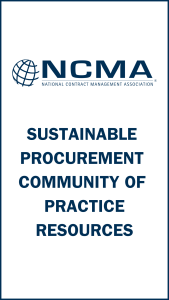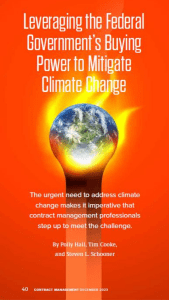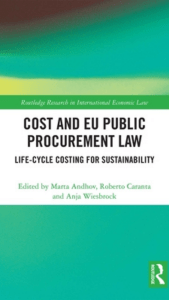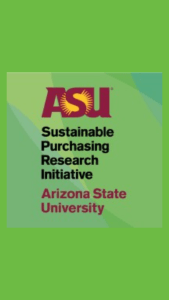As the climate crisis grows more dire, government procurement systems around the world will play an important role in adapting to and mitigating the effects of climate change. Stakeholders must increasingly consider sustainability in their acquisition processes and will need to reimagine the concept of “value for money” (best value) by factoring in the social and life cycle costs of most countries’ continued reliance on solutions that negatively impact the climate, quality of life, national security, and global stability.
On February 22, 2024, the GW Law Government Procurement Law Program and National Contract Management Association (NCMA) Sustainable Procurement Community of Practice on February 22, 2024 at 12pm ET hosted a 90-minute webinar, featuring a panel of sustainable procurement experts discussing the important issues acquisition professionals will encounter as they try to address the harms associated with climate change.
Speakers:
Professor Roberto Caranta, University of Turin (Italy) Law Department and Coordinator of Sustainability and Procurement in International, European, and National Systems – SAPIENS -International Training Network.
Professor Nicole Darnall, Foundation Professor of Management and Public Policy and Director and Co-founder of the Sustainable Purchasing Research Initiative, Arizona State University
Polly Hall, Senior Advisor to the Chief Procurement Officer, U.S. Department of Homeland Security
Senior Associate Dean Steve Schooner, Jeffrey & Martha Kohn Senior Associate Dean for Academic Affairs; Nash & Cibinic Professor of Government Procurement Law, The George Washington University Law School (Moderator)
Associate Dean Jessica Tillipman, Associate Dean for Government Procurement Law Studies; Government Contracts Advisory Council Distinguished Professorial Lecturer in Government Contracts Law, Practice & Policy (Opening Remarks)






